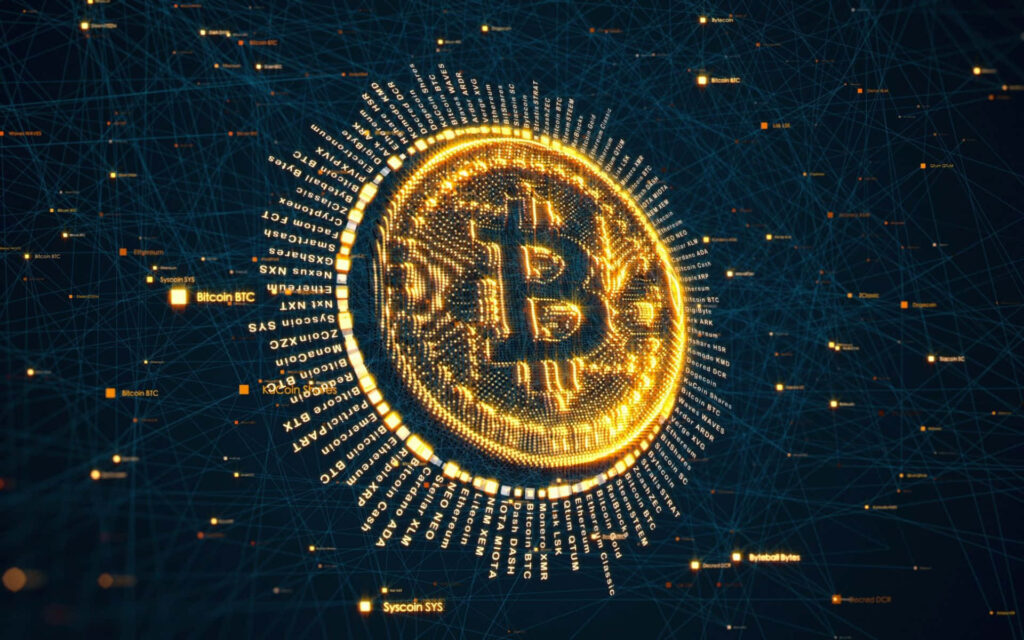The Social Side of Mining: Unpacking the Human Impact of the Industry
The mining industry has long been a crucial driver of economic growth, providing vital resources for human development and progress. However, beneath the surface of mineral extraction and processing lies a complex web of social and environmental implications that often go unseen. As mining operations expand globally, it’s essential to examine the human impact of this industry and acknowledge the multifaceted effects it has on communities, workers, and the environment.
Community Displacement and Influx
The construction of mining sites often requires the relocation of indigenous communities, small-scale farmers, and settlements, leading to cultural and social disruption. The displacement of traditional way of life, loss of cultural heritage, and broken social networks can have far-reaching consequences, including increased mental health issues, social isolation, and economic hardship.
On the other hand, mining operations can also attract new residents, creating temporary or permanent settlements. This influx can lead to unprecedented changes in community demographics, putting pressure on local infrastructure, services, and social structures. Addressing the needs of both displaced and newly arrived populations is a significant challenge for local authorities and mine operators.
Health Risks and Environmental Concerns
The mining process itself poses significant health risks to workers and nearby communities. Exposure to airborne pollutants, sedimentation, and water contamination can lead to respiratory problems, increased cancer risks, and other health issues. Furthermore, the blight of abandoned mineshafts and waste can contaminate local water sources, threatening the livelihoods of nearby residents.
Job Opportunities and Economic Gains
While mining can generate substantial economic benefits, including job creation and increased revenue, the distribution of these benefits is often uneven. Local communities may struggle to access the new employment opportunities, leading to concerns about exacerbating existing social and economic disparities.
Worker Well-being and Labor Practices
Working conditions in mining are often hazardous, with high rates of injury and illness. Exploitation of workers, particularly in informal or unregulated sectors, is a growing concern. Poor working conditions, long shifts, and lack of social protections can lead to physical and mental health problems, further perpetuating social and economic inequality.
Solutions and Improvements
To mitigate the human impact of mining, it’s essential to:
- Implement responsible and transparent business practices: Encourage sustainable, environmentally conscious, and socially responsible mining practices that benefit local communities and promote fair labor standards.
- Engage in community dialogue and consultation: foster open communication with indigenous communities, local residents, and stakeholders to address concerns, share benefits, and ensure fair compensation for displacement and inconvenience.
- Prioritize worker welfare and safety: implement and enforce stringent safety regulations, provide training, and ensure fair labor practices to protect workers’ health and well-being.
- Support environmental cleanup and remediation: develop effective strategies for mining site rehabilitation, waste management, and environmental monitoring to minimize long-term environmental risks.
- Foster inclusive and equitable economic development: invest in local infrastructure, education, and skills training to ensure that benefits of mining are shared equitably among all community members.
In conclusion, the social side of mining is complex and multifaceted, involving both positive and negative consequences for local communities, workers, and the environment. By acknowledging and addressing these impacts, we can work towards a more sustainable, socially responsible, and environmentally conscious mining industry that benefits all. As the global demand for minerals continues to rise, it’s crucial that we prioritize the human impact of mining and strive for a more equity-focused, environmentally conscious, and economically sustainable future.

